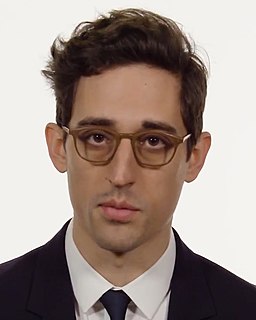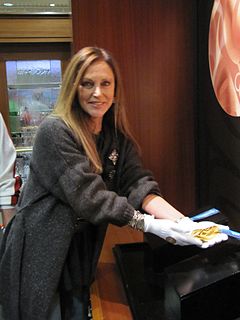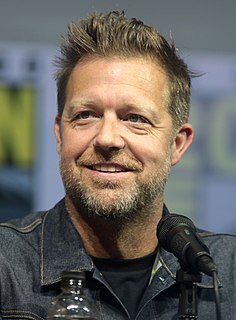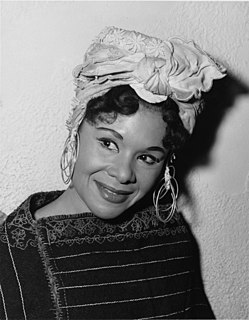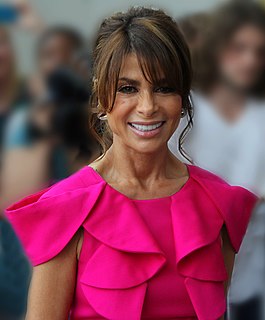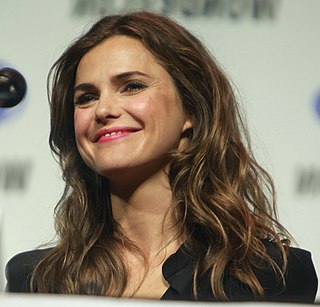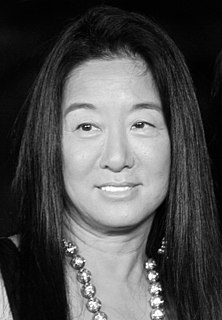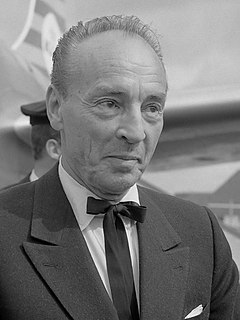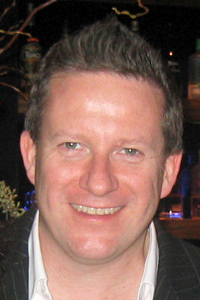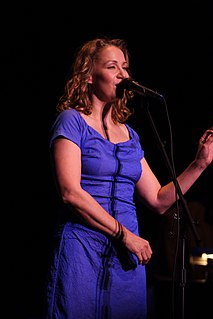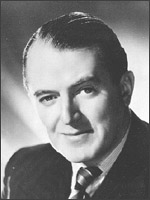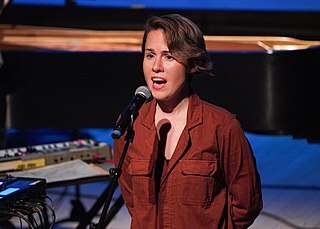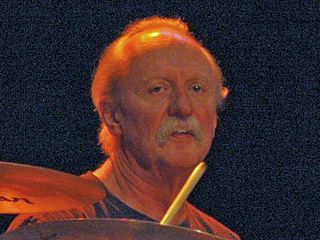A Quote by Justin Peck
For me, the choreography always comes from the music.
Quote Topics
Related Quotes
Action set pieces are my absolute favorite thing to write. I'm pretty much always in the mood to do them, but music certainly helps the process. I usually brainstorm out the dynamics and choreography of a fight to music beforehand - it gives me the little sparks of imagination when I get to the gaps in my own creativity.
Most people say that Asian or female artists should be sexy in America, but I don't think that I have to be like that. I have a tomboy style. My choreography is not that way. So, I want to focus on my music style to match the choreography, which is really cool. No girls can dance those moves. I try to make them really fresh.
If you listen to soul music, or R&B music, or Blues music, a lot of that came from church music and spiritual music, and music has always been a really really powerful tool that people have used to get them closer to God - whatever they define God as. And for me that's always been part of what drew me to it and keeps me coming back for more.
